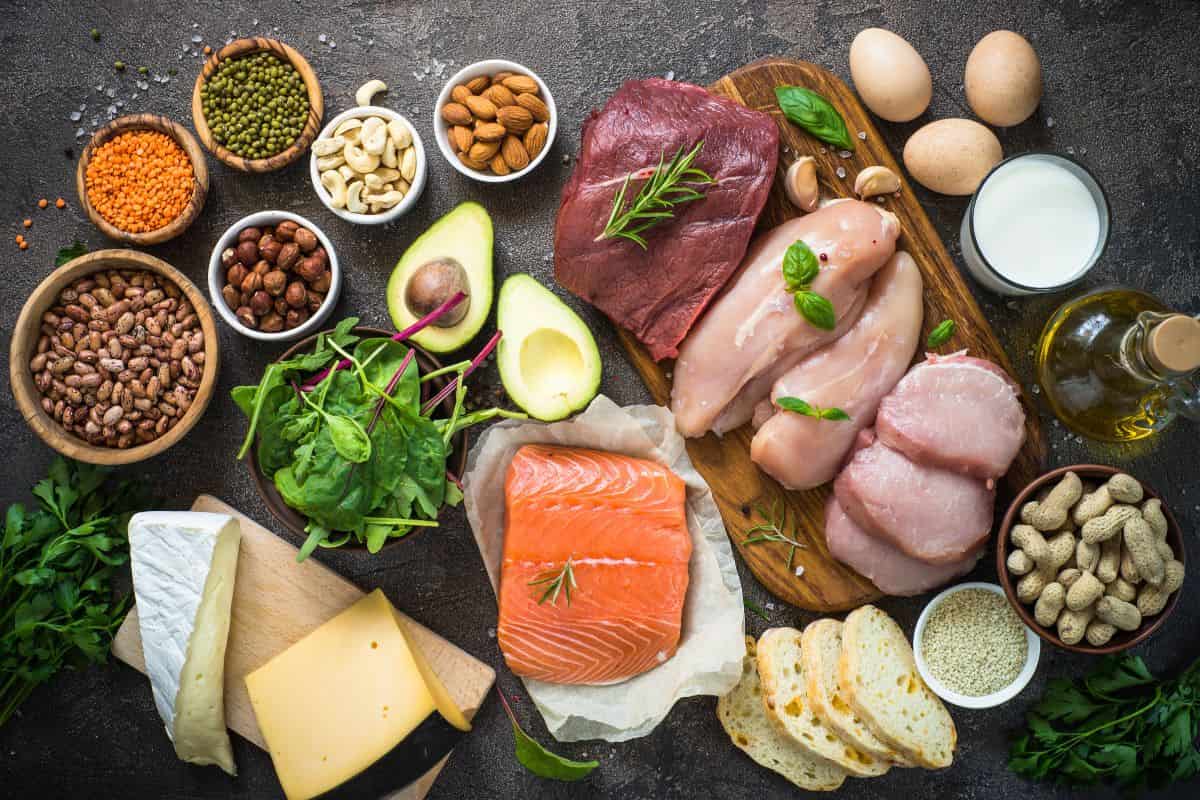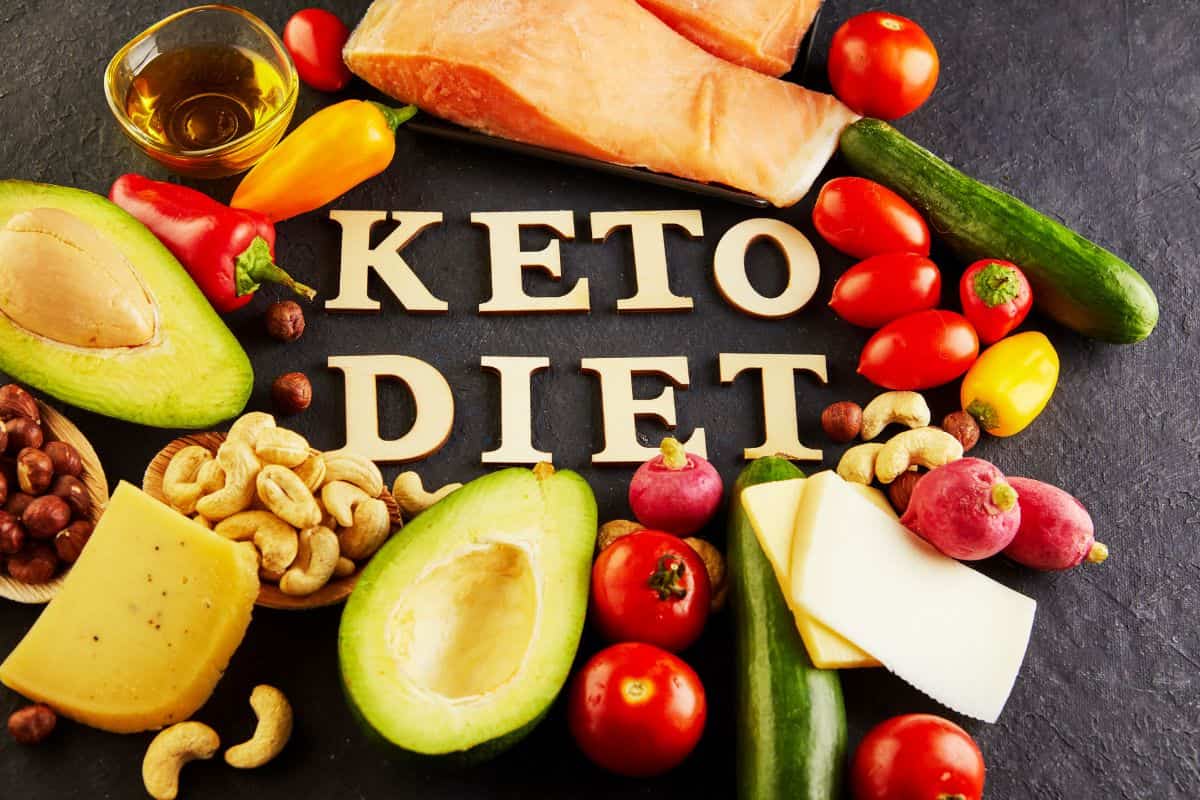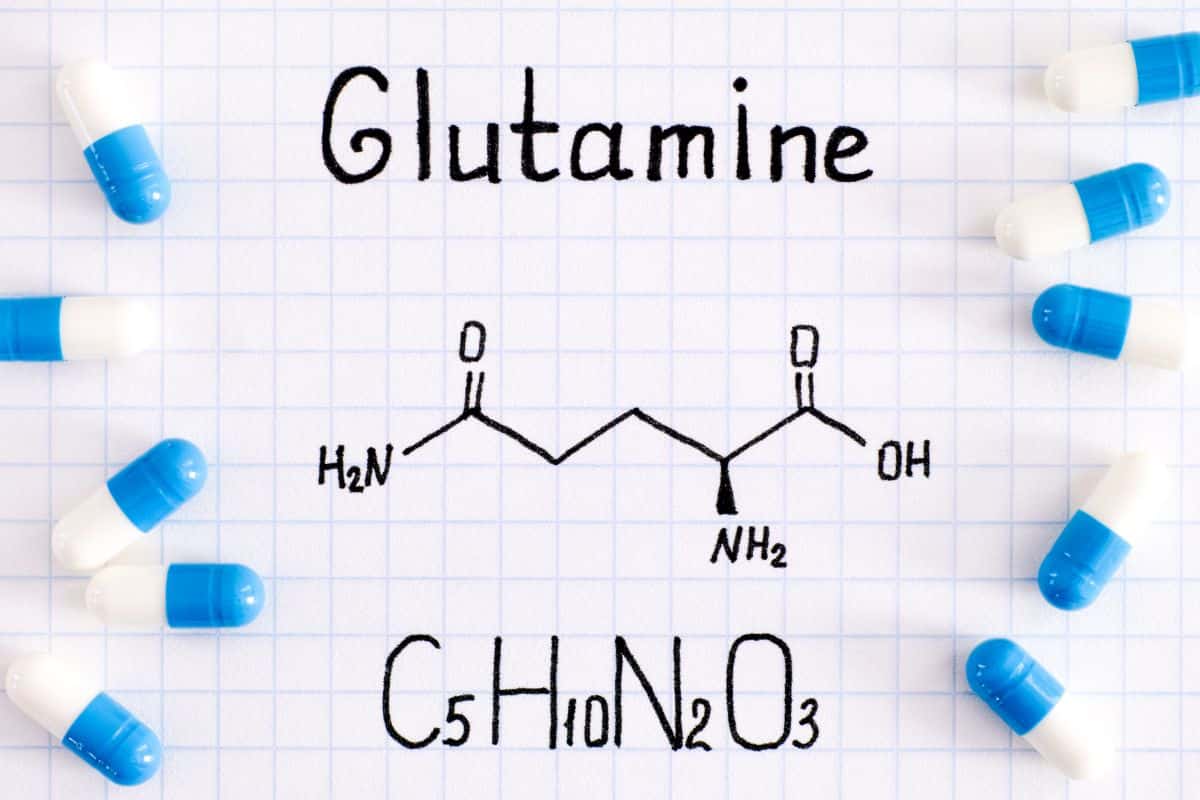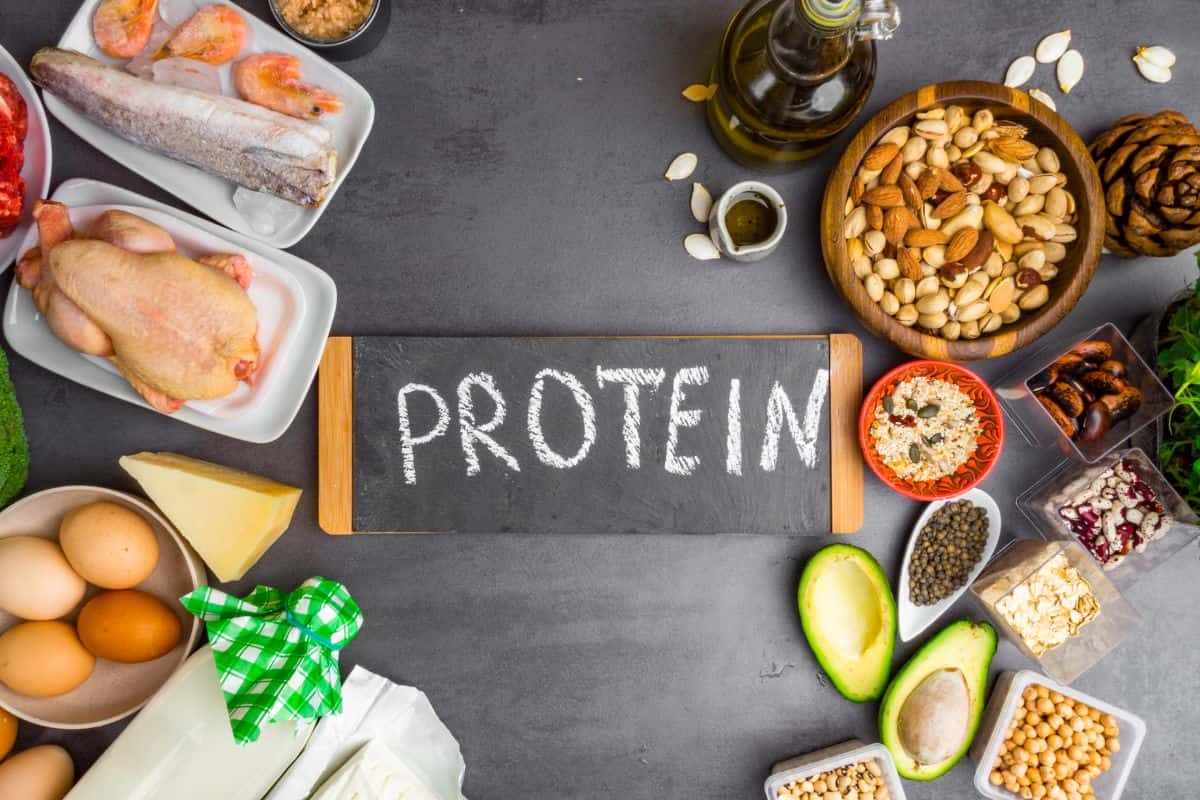If you go to the gym and train hard every week but are not seeing decent results, then chances are you are not consuming enough food. No matter how hard you train or what supplements you use, without consuming enough calories and protein, your body will not be able to build muscle.
To build muscle, you need to consume more calories than what you burn in a day. Just as with weight loss you need to consume less calories than what you burn in a day.
Total Daily Energy Expenditure
Your total daily energy expenditure (TDEE) is an estimate of the total amount of calories you burn every day. Knowing your TDEE is very important, as this will tell you how many calories you should be consuming each day to build muscle.
First thing to do is calculate your TDEE which you can do here - https://damnripped.com/tdee-calculator/.
Once you know your TDEE, you now need to add some extra calories on top of the number. Generally between 10 and 20% is a good amount of extra calories. The lower the percentage of extra calories you consume the leaner your gains will be, however, it will also take longer to build muscle.
Macros
Macros, short for macronutrients consist of proteins, carbohydrates, and fats. These macronutrients are the basis of all the calories you consume.
Ectomorph: Ectomorphs are naturally skinny and usually have a very fast metabolism. A good macronutrient ratio for ectomorphs is generally 55c/25p/20f. Meaning that 55% of calories come from carbohydrates, 25% from protein, and 20% from fat.
Mesomorph: People who are mesomorphs are usually naturally muscular and have a moderate metabolic rate. A good macro ratio for a mesomorph would be 40c/30p/30f.
Endomorph: Endomorphs need to be more careful with their their diet as they usually gain fat faster than mesomorphs and ectomorphs. For endomorphs, a macro split of 25c/35p/40f should work.
Unsure on what body type you have? Click this link to find out.
The information above is just a guideline. No matter what your body type is, you will need to see what works best for you.
Tracking Calories
It is very important to track how many calories you are consuming each day; this will ensure that you reach your target every day. The easiest way to do this is with a phone app. Two apps that I recommend are either myfitnesspal or fatsecret.
Both of these apps allow you to input the type of food you are eating, the brand, and the quantity. The app will then add up the calories and macros for you.
Types of Food to Eat
When it comes to building muscle you want to consume foods that are high in protein, contain quality fats and low GI carbohydrates.
Examples of high protein foods: Eggs, chicken, lean beef mince, steak, tuna, salmon, ostrich, and lean cuts of pork.
Examples of quality fat sources: Avocados, eggs, nuts, extra virgin olive oil, salmon, and flaxseeds.
Examples of low GI carbs: Oats, sweet potato, brown rice, basmati rice, rye bread, and pasta.
Quick Recap
- Calculate your TDEE
- Work out how many calories you should consume daily to build muscle
- Write out an eating plan according to your daily caloric needs
- Track your calories to make sure you are consuming enough
While it may seem like a lot of effort to write out your own eating plan and to track your calories every day, it will make the world of difference when it comes to your muscle growth.











